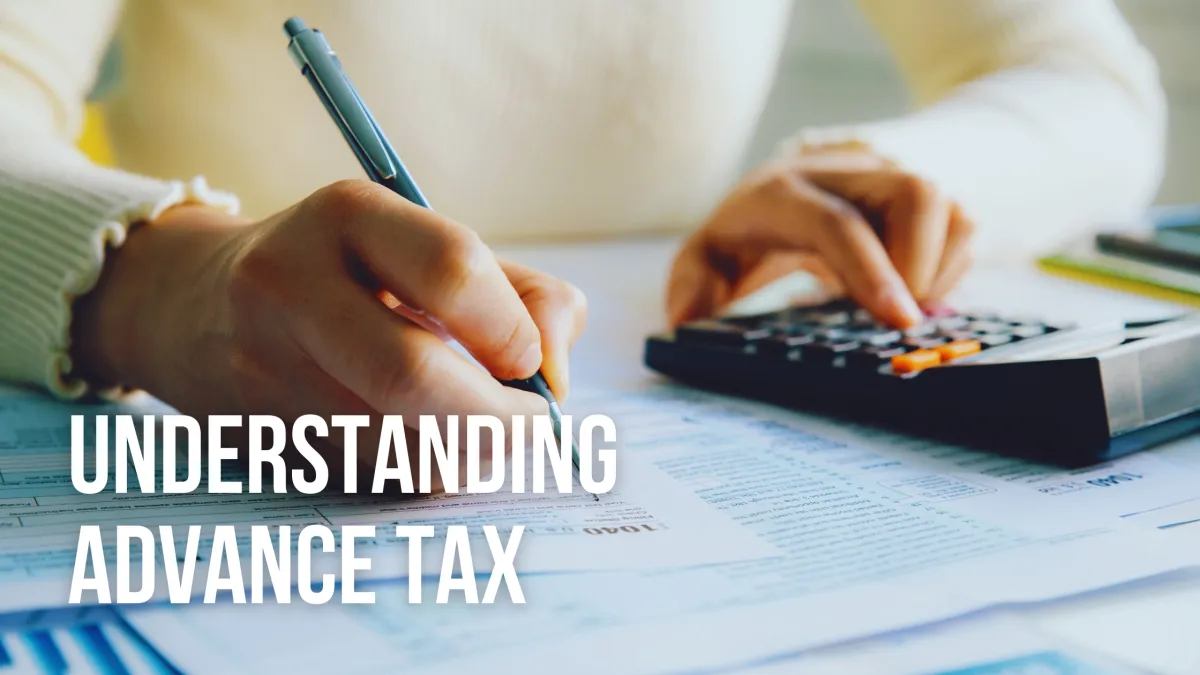
Advance Tax Explained: A Complete Guide for Individuals
In the realm of personal finance, understanding the nuances of tax obligations is crucial for effective financial planning. One such obligation that often confuses individuals is advance tax.
This comprehensive guide aims to demystify advance tax, explaining what it is, who needs to pay it, and how it can benefit individuals.
Additionally, we'll delve into the calculation methods and deadlines to ensure compliance, helping you stay on top of your tax responsibilities.
What is Advance Tax?
Advance tax, often referred to as 'pay-as-you-earn' tax, is the income tax that is payable if your tax liability exceeds a certain amount in a financial year. Instead of paying the entire tax amount at the end of the fiscal year, individuals are required to pay it in installments throughout the year. This system helps the government receive a steady flow of income and reduces the burden on taxpayers at the end of the year.
Who Needs to Pay Advance Tax?
Advance tax is applicable to individuals, freelancers, and businesses whose tax liability is ₹10,000 or more in a financial year. This includes salaried individuals with additional income sources such as interest, rental income, or capital gains. However, senior citizens not having income from business or profession are exempt from paying advance tax.
Benefits of Paying Advance Tax
Paying advance tax has several benefits. It helps in avoiding interest penalties under Sections 234B and 234C of the Income Tax Act. Moreover, it aids in better financial planning and cash flow management, as it prevents a large tax outflow at the end of the year. Timely payment of advance tax also reflects positively on your financial discipline and creditworthiness.
How to Calculate Advance Tax?
Calculating advance tax involves estimating your total income for the year, deducting eligible deductions, and computing the tax liability on the net income. The tax liability is then divided into installments as per the prescribed schedule. It's important to keep track of your income and expenses to make accurate estimates and avoid underpayment or overpayment.
Advance Tax Deadlines
To ensure compliance, it's crucial to adhere to the advance tax payment deadlines. Typically, the installments are due on June 15th (15% of the tax liability), September 15th (45% of the tax liability), December 15th (75% of the tax liability), and March 15th (100% of the tax liability). Missing these deadlines can result in interest penalties, so it's advisable to set reminders and plan your finances accordingly.
Conclusion
Understanding and complying with advance tax requirements is an essential aspect of personal financial management. By staying informed about the calculation methods, deadlines, and benefits, you can ensure a smooth tax-paying experience and avoid unnecessary penalties. Remember, proactive tax planning not only helps in fulfilling your legal obligations but also contributes to your overall financial well-being.
If you have any questions or need personalized advice on advance tax, feel free to schedule a consultation with me through my Calendly. I'm here to help you navigate the complexities of tax planning and ensure you're on the right track.
© Copyright 2025 – CPA Attorney


